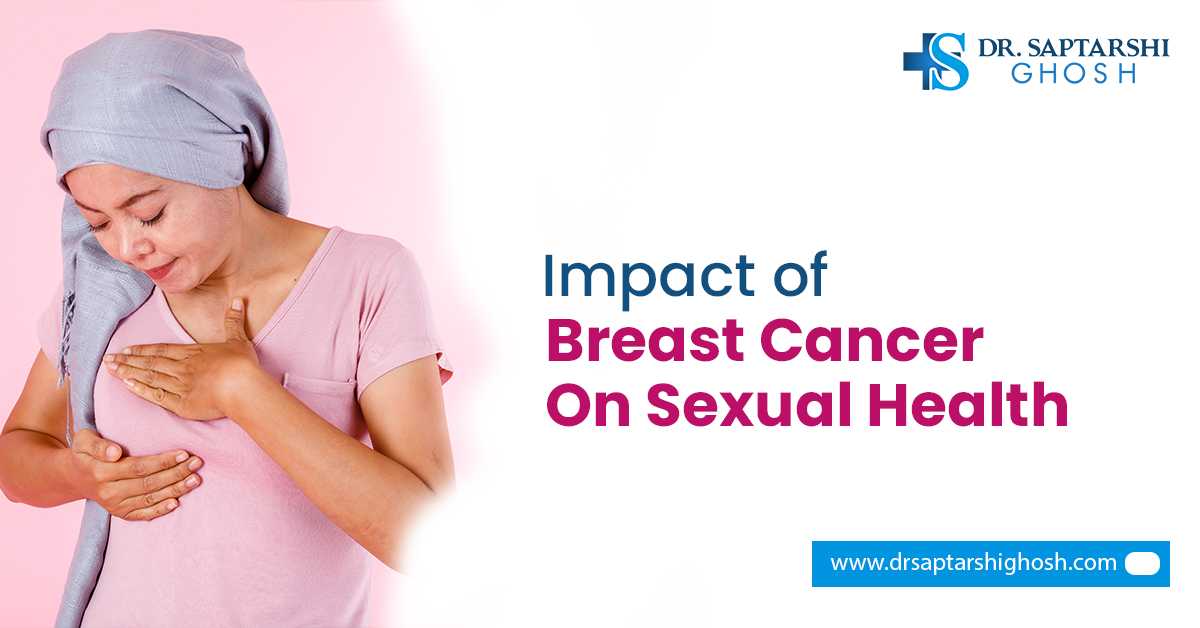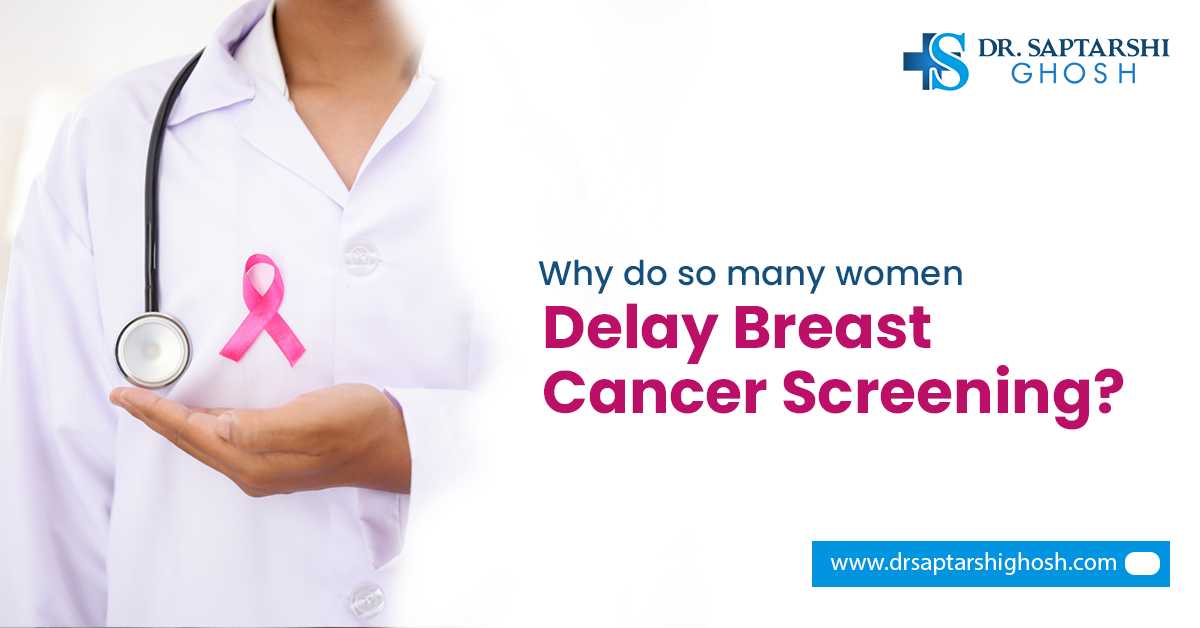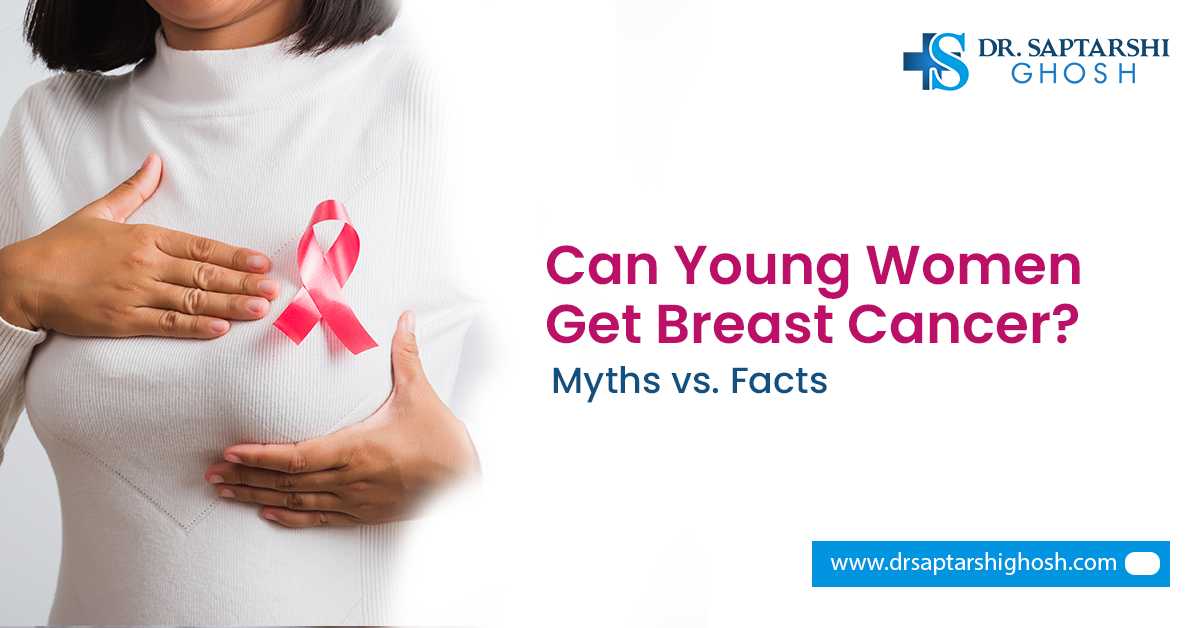Researchers have been investigating the links between coffee and cancer for several decades, but still, a lot of things are unknown to everyone.
For many, the only way to start a refreshing day is with a hot, steaming cup of coffee. Whether you call it java, joe or take it black or with cream and sugar, many coffee lovers are drinking more coffee than ever.
In a study, it has been shown that about 64 % of adult has at least one cup of coffee per day.
The Co-Relation between Coffee & Cancer!!
Coffee and cancer have had a solid relationship over the years. Coffee was once famously touted as a cancer treatment and later declared a carcinogen. However, new studies indicate that it may help prevent certain types of cancer.
But there is still a controversy which shows a serious health warning issue.
So, what are the myths and realities lies behind it?
Let’s Know About It Details –
Can Coffee Increase The Risk Of Cancer?
‘There is still no clear evidence linking coffee consumption and increased risk of cancer,’ says Anthony Perre, Chief of Cancer Treatment Centers.
In fact, WHO removed coffee from its list of carcinogens in 2016. In a study published in 2017 showed that drinking 2 cups of coffee a day may lower the risk for several cancer types, including breast cancer, colorectal cancer, liver cancer, and head etc. amazing, no?
Note: However, the bottom line is there’s no overwhelming evidence that coffee can cause or help prevent cancer.
Why Coffee Is Considered A Carcinogen?
While there is no evidence coffee itself raises cancer risk, a substance formed when coffee is processed, the name is Acrylamide. It is a chemical used in the production of some plastic products and also forms in some starchy foods cooked at high temperatures.
‘It is suggested to reduce the consumption of other foods high in Acrylamide such as French fries, potato chips, bread, cookies etc,’ Dr. Perre says a scientist.
Can Drinking Hot Coffee Or Other Beverages Increase Cancer Risk?
In 2016, WHO classified hot beverages as a probable carcinogen as they can cause cell damage and inflammation that may lead to cancer. Experts recommend not drinking hot beverages above or 65 degrees Celsius.
Overall, it seems that there may be several health benefits of drinking coffee, but the risks still remain unclear. Further research is needed to more fully understand the biologic mechanisms underlying associations of coffee drinking, Acrylamide exposure, and cancer risk!




